
Health & Medicine
How to avoid bankrupting your ‘hope budget’
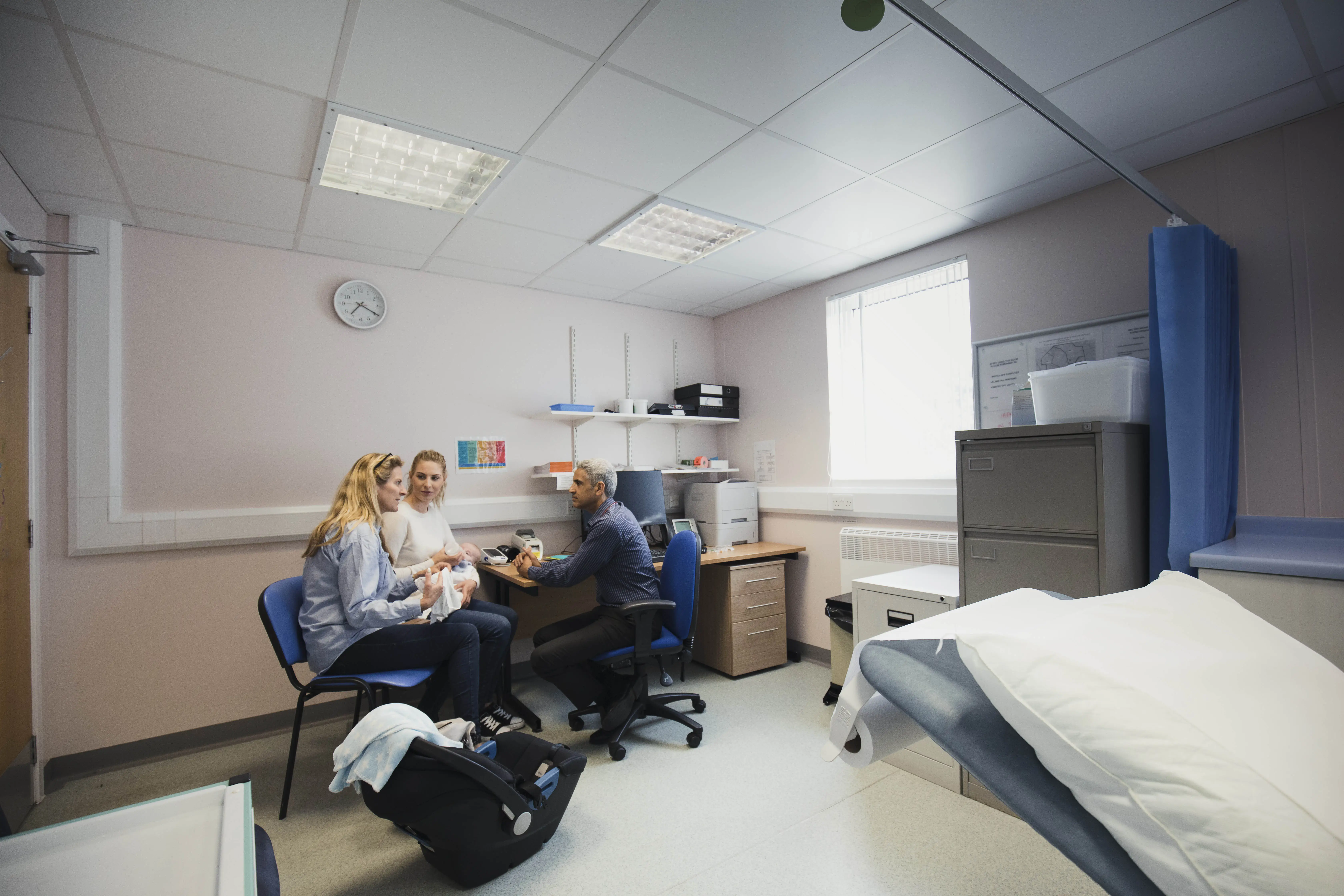
While modern medicine isn’t perfect, its evolution means doctors perform miracles every single day – things that would’ve seemed unthinkable just a century ago
Published 20 May 2025
Dear modern medicine,
As a GP for 30 years, standing on the shoulders of giants – prescribing treatments and ordering investigations powered by extraordinary science – I just wanted to say thank you.
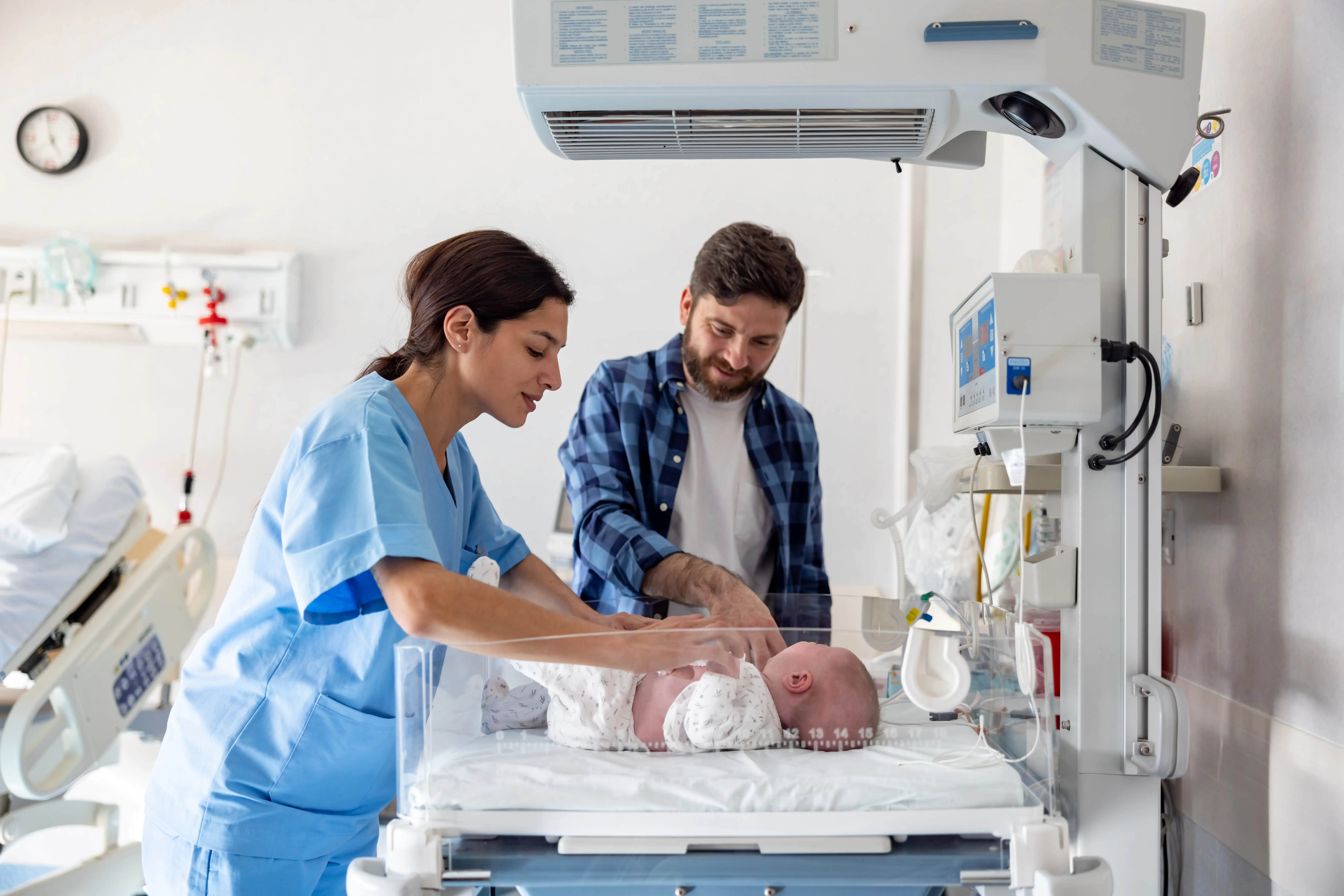
For the health, the hope and the quiet joy you bring to so many in our community.
In an era where pseudoscience often flourishes and complaints about our health system dominate the headlines, I wanted to pause and express gratitude for the miracles you perform every single day – things that would’ve seemed unthinkable just a century ago.
From the very beginning of life, when couples dream of becoming parents, thank you for the extraordinary fertility treatments and prenatal care that help bring new lives into the world.
Pregnancy – once a dangerous journey where mothers commonly died in childbirth – is now overwhelmingly safe in countries like Australia, thanks to modern obstetrics and perinatal care.
And when those little ones arrive, how lucky we are to have vaccines.

Health & Medicine
How to avoid bankrupting your ‘hope budget’
Diseases like polio, diphtheria, measles and whooping cough once tore through families like wildfire.
Now they’re rare, thanks to robust immunisation programs in the 1950s, when Australia’s infant mortality rate was still around 25 per 1000 births.
Today, thanks to vaccines and other public health interventions it’s less than three per 1000 births.
In childhood, you’re there too.
From extraordinary neonatal care that nurtures premature babies, to the dramatic reduction in Sudden Infant Death Syndrome through safe sleep campaigns, your impact is profound.
You’ve transformed the treatment of common childhood conditions like asthma, allergies, eczema, diabetes, epilepsy, and have offered vital support for mental health issues like anxiety and ADHD – just to name a few.
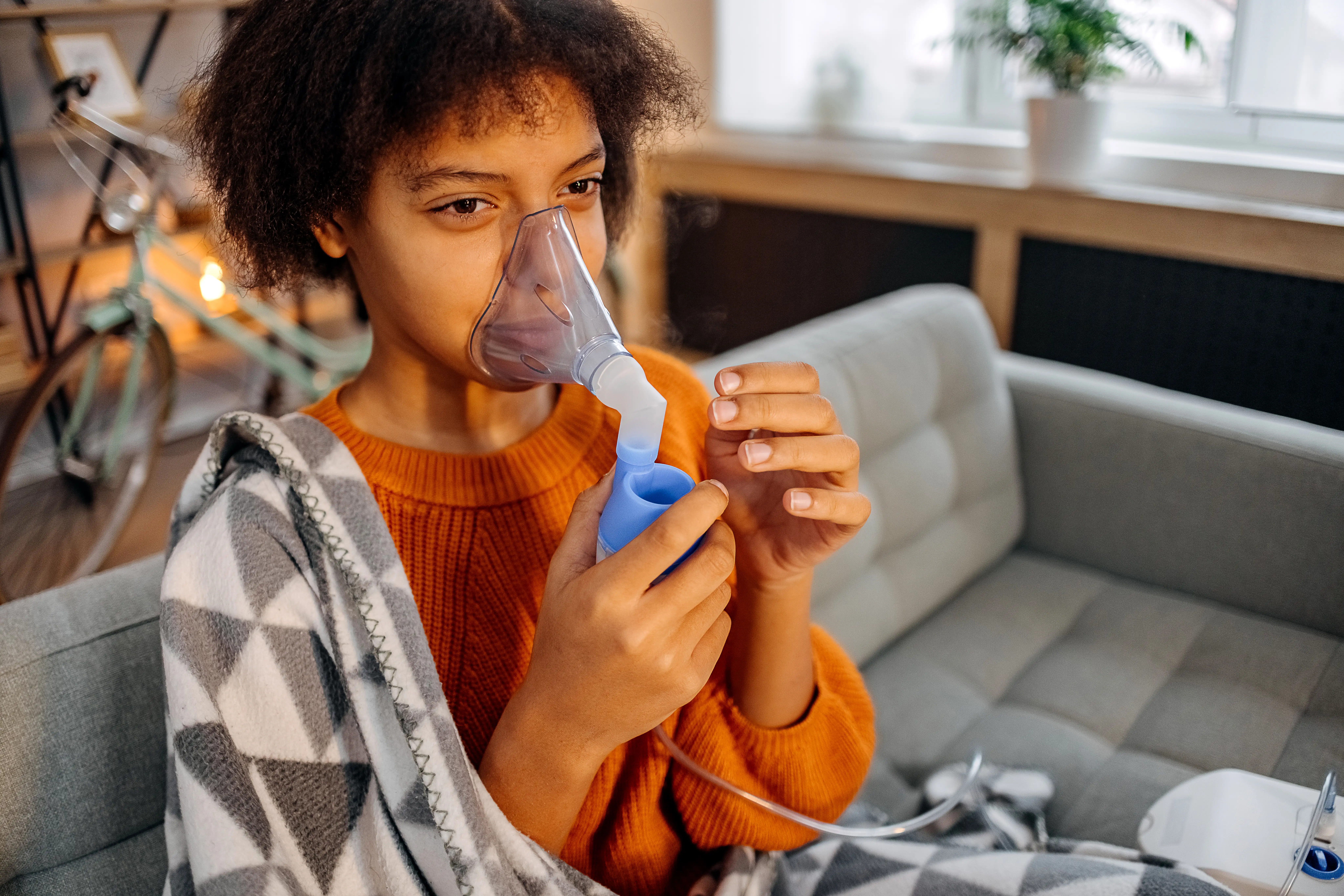
For teenagers and young adults, you’ve brought so many treatments to assist through these turbulent years.
Evidence-based psychological therapies and – when needed – medications that can bring people back from the brink of mental health crises, treat depression, bipolar disorders and psychoses, and help with substance abuse, alcohol and other drug addictions.
You help them make sense of sexuality and relationships, provide contraception options our ancestors could only have dreamed of, treat and prevent sexually transmitted diseases, and treat conditions like hepatitis and HIV with medications that are almost magical by the standards of previous generations.
As we move into middle age and the wear and tear begins, thank you for helping manage high blood pressure, cholesterol, diabetes, strokes and heart disease.
It’s said the human body is genetically designed to last about 38 years – how lucky we are to live in an era where, with your help, we so often double that.

Health & Medicine
As AI gets smarter, are we getting dumber?
The drop in deaths from cardiovascular disease in Australia since the 1960s is more than 80 per cent.
Smoking cessation support, cholesterol-lowering medications, better obesity and diabetes care, routine blood pressure checks, and interventions such as cardiac stents, balloons, and even clot-busting drugs – once considered extraordinary – are now standard care.
Cancer, too, has changed dramatically.
Survival rates for cancer varies but overall cancer survival has improved. For the years 2016-2020, around 71 per cent of people diagnosed with cancer had survived five years after diagnosis. This compared to rates in the years 1991 to 1995, when the cancer survival rate was 55 per cent.
Extraordinary treatments like immunotherapy have reshaped the outlook for conditions like melanoma and lung cancer.
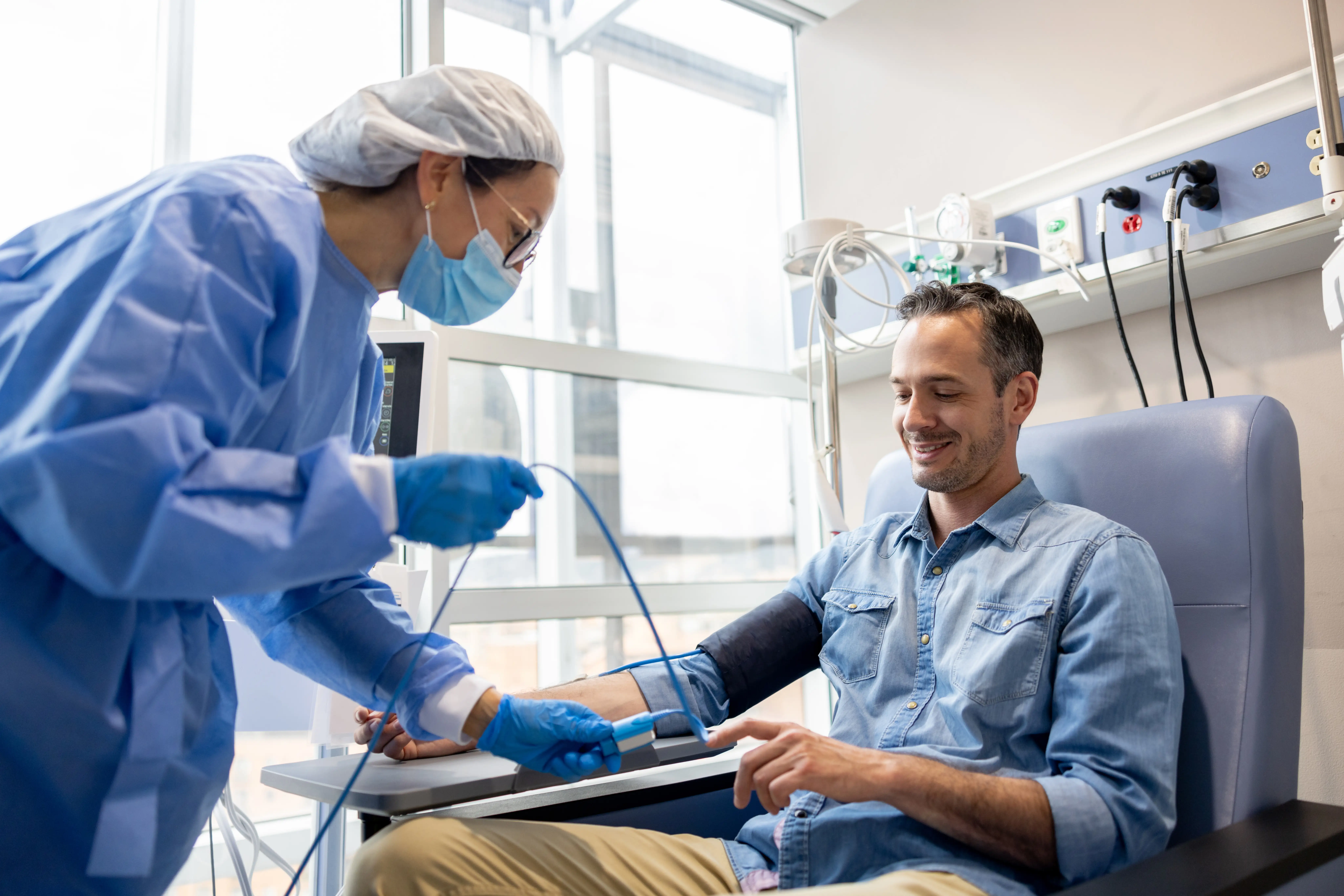
You’ve also restored some of the most precious human senses.
Cataract surgery brings back vision in minutes. Laser treatments protect eyesight from diabetic changes.
Cochlear implants open up the world of sound. And when our joints wear out, you give us new ones – often 3D printed, customised and life-changing.
You even look after the skin we live in, helping us prevent cancers and infections, and treating wounds and inflammatory diseases that would once have caused tremendous suffering.
As ageing advances and the wheels begin to fall off, you offer walking aids, memory clinics, continence support, home-care packages – and medications that help to ease arthritis pain and preserve mobility.
You help us maintain independence, dignity and quality of life.

Health & Medicine
Artificial intelligence is changing the way your GP works
And when life comes to an end, you’re there too.
With palliative care, you help people die with less pain, less fear and more comfort. You ease nausea, calm anxiety and offer compassionate support to families navigating loss.
Now, I’m not saying you’re perfect. Sometimes you’re overused. Sometimes commercial interests skew your priorities. Sometimes the cure is worse than the condition.
There’s over-diagnosis, side effects and the risk of pathologising the human experience of ageing, sadness or worry. And the distribution of health services is far from fair.
But we must never forget how lucky we are.
Around half the world’s population still lacks access to basic health services. While we fine tune which medication to prescribe or complain about pharmacy delays, many people can’t access antibiotics, safe childbirth or affordable cancer treatment.
Medical costs push millions into poverty every year. It should humble us.
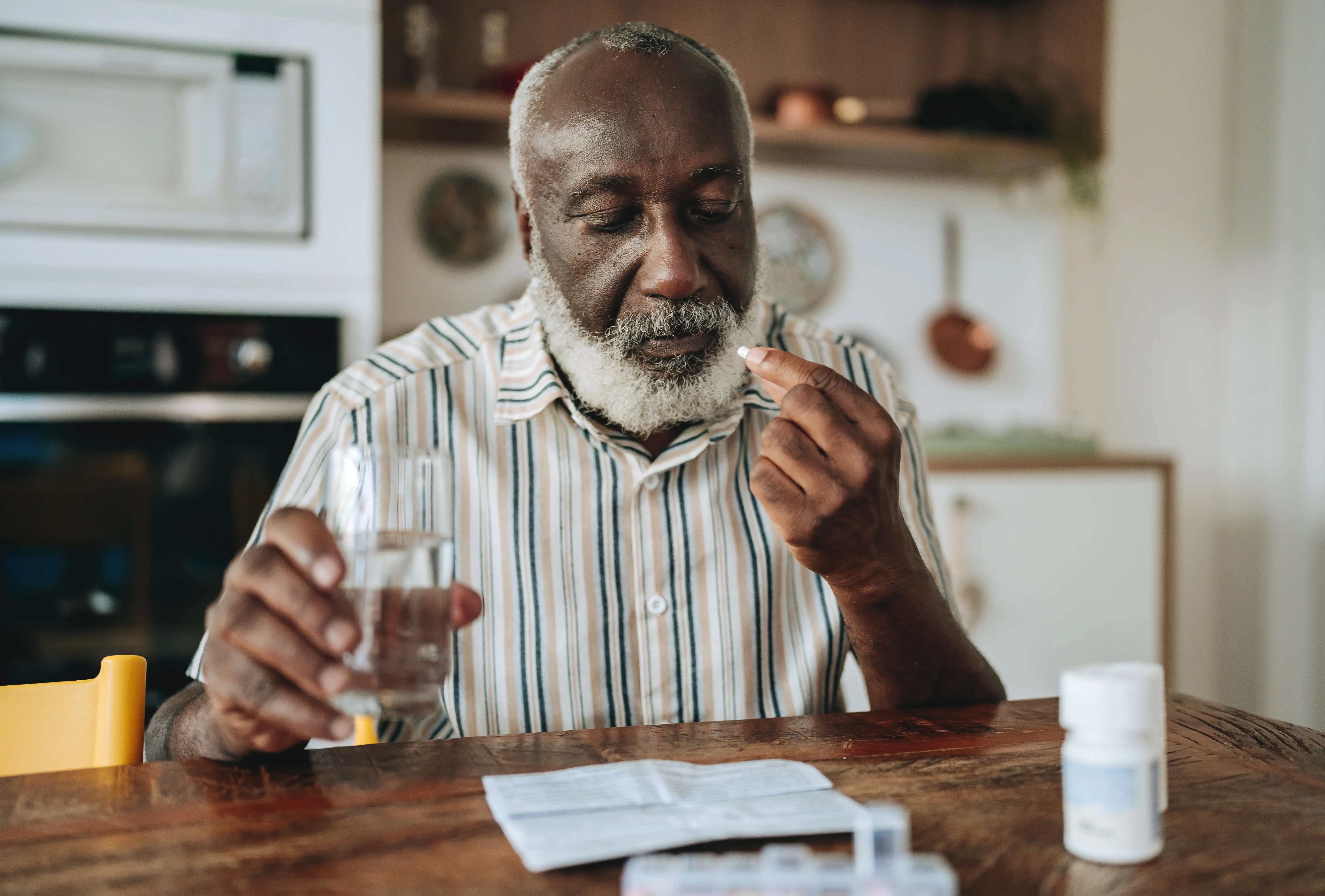
So, when I sit with a patient in my clinic, with extraordinary tools at my fingertips – blood tests, imaging, specialist consultations and medications – I try to pause for a moment.
To remember how remarkable it is that we live in this time.
We have precision diagnostic technologies which reveal the previously invisible.
We are the lucky ones to have antibiotics that turn once deadly infections into routine recoveries. And we are better than ever at preventing problems before they occur.
Thank you, modern medicine. For helping my patients. For looking after my family. And for making this journey through life a little longer, a little more liveable and a lot more hopeful for so many people.